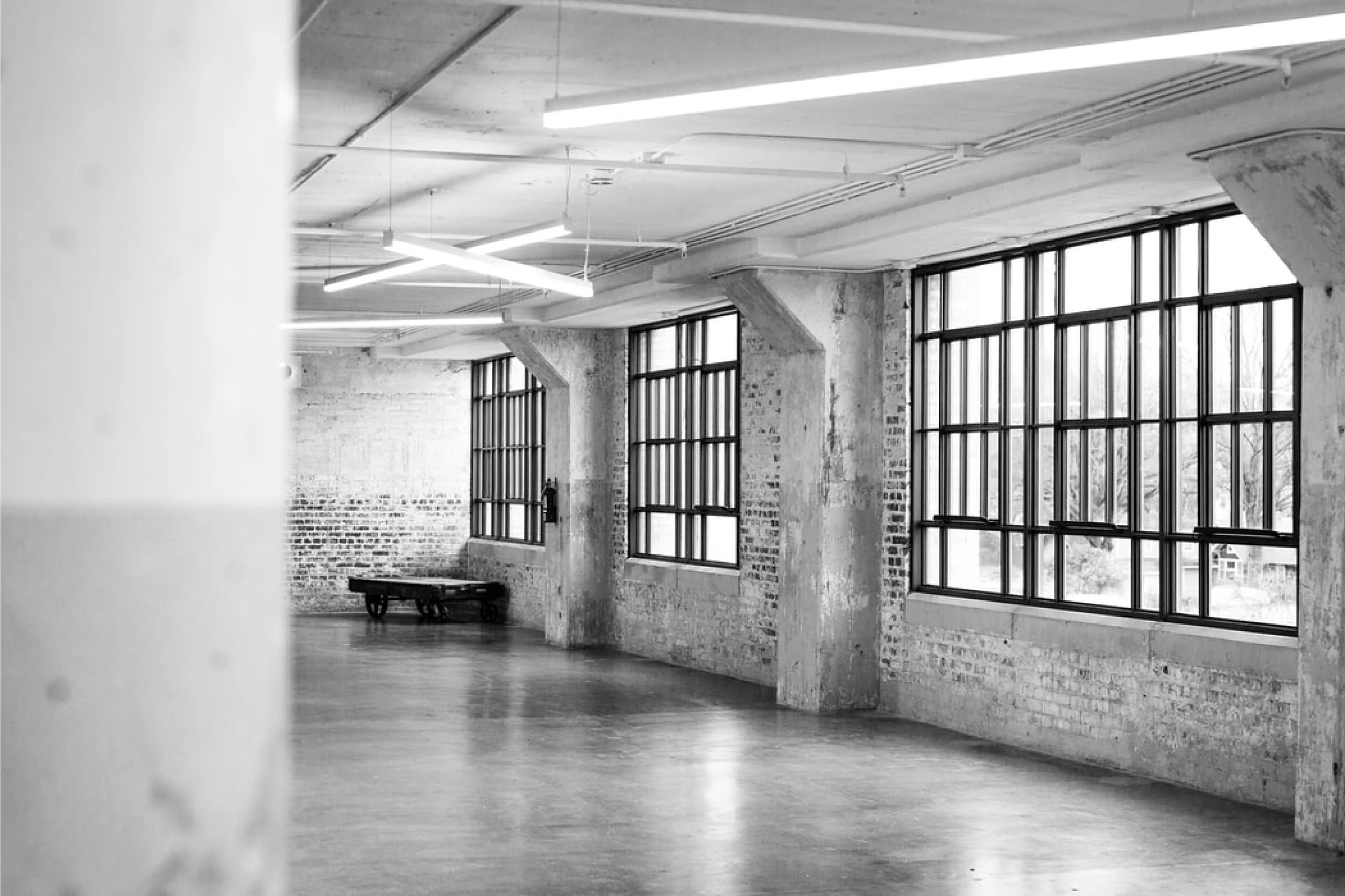5 Commercial Lease Tips for Business Owners
Nothing is standard in lease negotiation.
In fact, just about every single line and paragraph within a commercial lease can be negotiated, within reason.
The landlord is an expert at knowing what’s in his best interest, and there are some things you should keep in mind to protect yours.
Here are 5 tips to remember when negotiating a commercial lease.
You Can Get Free Rent (Rent Abatement)
Landlords do give free rent, but you may have to ask for it.
There are plenty of reasons that justify your getting free rent, and landlords often understand them.
For example, you may not want to start paying rent until you are moved in and customers are coming through the doors. Or you may want two months of free rent to complete your build-out.
It’s not unusual for a landlord to compromise and give you the time you need before you begin making those monthly payments.
When Does The Countdown Start?
If the landlord does agree to waive your rent payment, pay attention to when the free rent countdown starts.
Does it start at the signing of the lease or when you open for business? If you are doing a build-out, does it start once you have a construction permit or before?
These are important considerations that can be leveraged to your advantage or could catch you off-guard before you’re ready to start paying rent.
2. You Should Get Construction / Build Out Documents Together ASAP
If you are doing a build-out, construction documents become very important.
You will need a site plan and as-builts to know the details of the floor plan, mechanical and electrical systems, and so forth.
Reference these in your lease and have the landlord provide them within a certain time period.
If possible, request them before or during negotiations so that you can get your design team to work as early as possible. Every day counts when you’re trying to open up for business.
Preparing ahead of time will help you avoid expensive delays or extra cost in having a third party re-create the documents.
3. Understand the Landlord vs. Tenant Responsibilities
Landlords and tenants can have widely varied responsibilities under a lease, depending on what is negotiated.
In most leases, it’s standard that the landlord maintains the exterior and structural aspects of the building while the tenant maintains the interior.
This may change, however, if it’s a single-tenant vs. multi-tenant building and could also depend on the lease structure.
Make sure you know what is expected of you during the lease term and what your landlord is agreeing to maintain on their end.
Inspecting the Space Before Occupancy
I also highly recommend that you get the plumbing, electrical, and HVAC inspected before you sign a lease. You want to know exactly what you are inheriting.
If your plumbing is 50 percent blocked when you sign the lease, you just accepted a faulty system, and you’ll ultimately be responsible for the costs of maintaining and repairing it.
If the HVAC is twelve years old, you need to know that it’s a liability, too.
Where possible, negotiate with the landlord that the lease doesn’t give you full responsibility for the HVAC, especially if it’s an older system. One way to mitigate your liability here is to put a cap on the total expenses you’d be responsible for in any given year.
Landlords may be willing to compromise if you sign a maintenance contract and agree to pay for minor repairs. Protect yourself by capping the amount you are willing to pay per year to $1,500 annually, or whatever is reasonable in the situation.
4. You Can Negotiate an Exclusive Use
It’s not uncommon for leases, especially in the restaurant and retail world, to have restrictions and exclusives clauses.
Restrictions in a lease refer to the things that you are not allowed to do.
If you do them, you will be in violation of the lease and may have to pay a penalty, get sued, or potentially evicted.
A common violation occurs in the context of other tenant’s exclusivity.
For example, a nail salon may have an exclusivity when it comes to offering manicures in the building.
If the hair salon next door starts doing nails, they would be in violation of the lease, and the nail salon tenant could seek remedies.
The best way to avoid the issue is to know your lease and abide by its terms.
Get Your Exclusive
These clauses can work in your benefit, as you can negotiate to have an exclusive use in your shopping center or building for specific services that you offer.
Regardless of the type of industry that you and your business are in, it couldn’t hurt to go for an exclusive.
Some exclusives I’ve seen include:
No other tenant may offer manicure and pedicure services, whether as a primary or ancillary part of its business
No other tenant may sell barbecue
No other tenant may have a bakery greater than 1,000 square feet
You can get creative with these exclusives in order to achieve what you need them to do, which is protect your business.
5. Read Your Lease
You must read your lease, because the future of your business depends on it.
I know it’s incredibly boring and they’re certainly not the most interesting read, but at the end of the day, it is a legally binding contract.
If you don’t understand your responsibilities under the lease, you’re much more likely to violate the terms and get evicted or worse: sued.
Absent an amendment, which both parties must agree on, the lease is unchangeable once the ink is dry. There’s no guarantee that your landlord will agree to an amendment, too, so you need to get it right (or as close as you can) on the front end.
Read your lease thoroughly and understand your legal obligations before moving forward.
Use your broker and attorney to clarify terms and answer questions - that’s what your professionals are there to do.
About The Author:
Tyler Cauble, Founder & President of The Cauble Group, is a commercial real estate broker and investor based in East Nashville. He’s the best selling author of Open for Business: The Insider’s Guide to Leasing Commercial Real Estate and has focused his career on serving commercial real estate investors as a board member for the Real Estate Investors of Nashville.


















Commercial real estate investing can be a pretty rewarding venture, offering the potential for substantial returns and long-term wealth creation. From office buildings and retail spaces to apartment complexes and industrial warehouses, the commercial real estate market presents diverse opportunities for investors willing to navigate its complexities.
However, like any investment, commercial real estate comes with its own set of risks. For new investors, understanding and managing these risks is crucial to achieving success and avoiding costly mistakes. The world of commercial real estate can be unforgiving to the unprepared, making risk management an essential skill for anyone looking to enter this market.